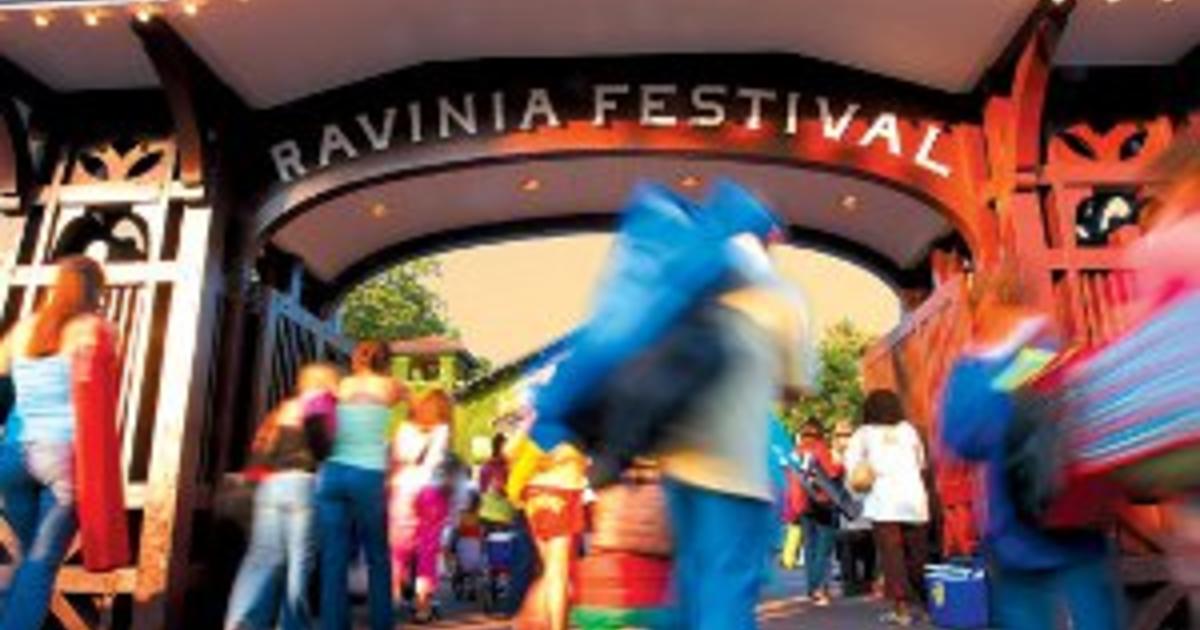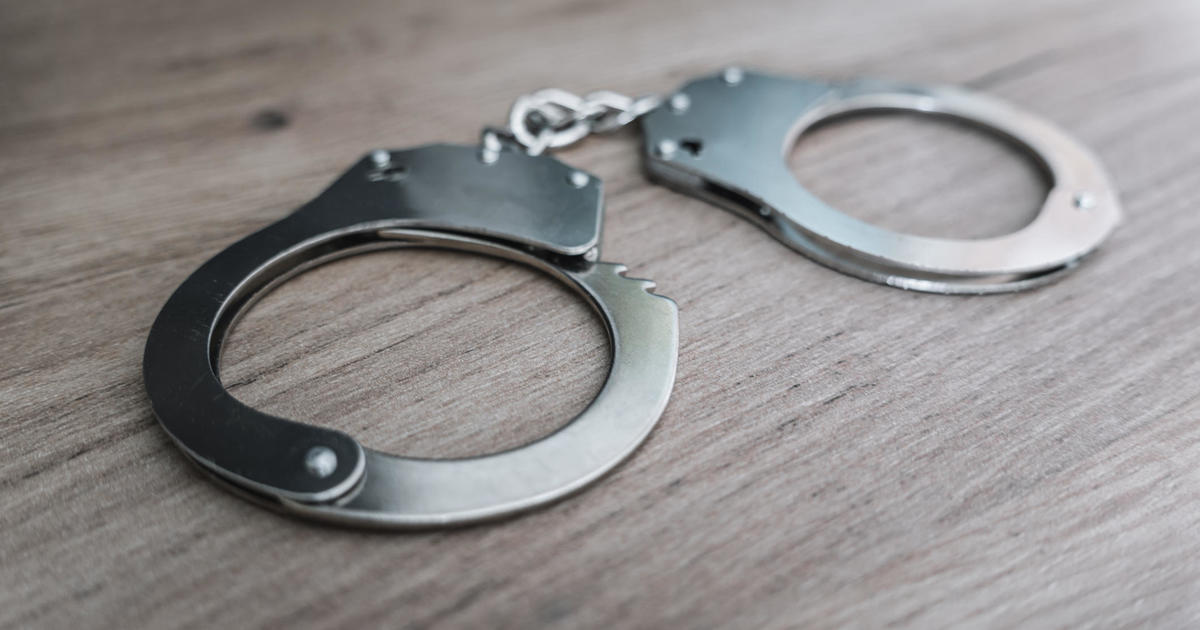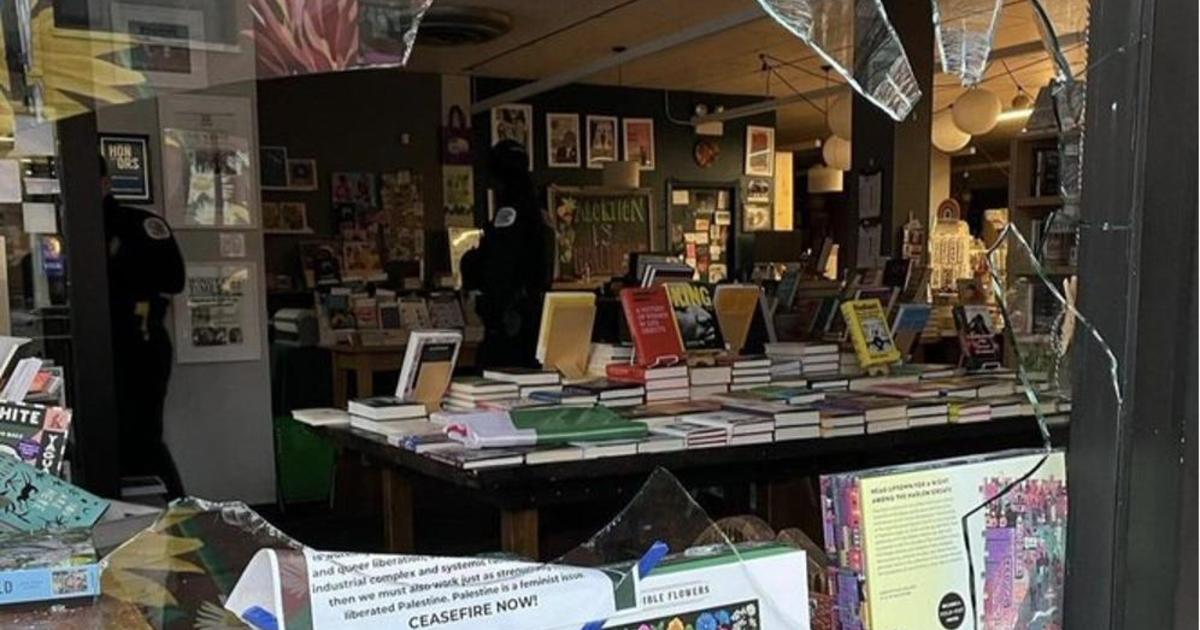Study: Police Still Arresting -- Not Writing Tickets -- For Marijuana Possession
(CBS) -- A new study says state and city law enforcement are handling marijuana arrests all wrong.
CBS 2's Marissa Bailey breaks down the numbers and explains why the current "way of doing business" ultimately costs you, the taxpayer.
Researchers at Roosevelt University spent more than a year studying marijuana arrests across the state, why and where people are arrested and how much it costs.
Chicago had the highest number of arrests, even though officers are allowed to issue tickets for possession.
"The only thing we've shown in Chicago is that marijuana is a gateway to an arrest record," says Cook County Commissioner John Fritchey.
He says arresting people for small amounts of marijuana only hurts taxpayers because of the court costs associated with the arrest.
"We've got better uses for those police hours, and we have better uses for those millions of taxpayer dollars," he says.
Highlights from the study:
--Ninety-three percent of misdemeanor marijuana violations resulted in arrests, and only 7 percent of people were ticketed.
--It takes an officer an average of four hours for each arrest – four hours the officer could be fighting violent crime.
A spokesperson for the Chicago police department says after the marijuana ticket ordinance was passed in august of 2012 some districts implemented the new law better than others.
Supt. Garry McCarthy says the city's done better since the ordinance passed but that the department will try to change the law "so our officers can focus on illegal guns and reducing violent crime."
Another part of this study showed that blacks and whites used marijuana similarly, but blacks were 7 times more likely to be arrested.
Some of the neighborhoods with the highest rates of arrest for marijuana: Fuller Park and East and West Garfield Park.



